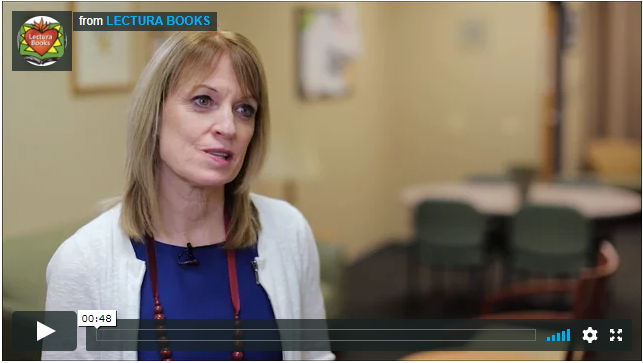Family engagement has emerged as a key strategy for improving academic success over the past decade. An ever increasing body of research has shown a positive association between parental involvement and academic achievement, as well as emotional and social development (Henderson & Mapp, 2002; Gutman & Midgley, 2000; Biag & Castrechini, 2014; Harvard Family Research Project, 2010). When put into practice, family engagement encompasses a large spectrum of initiatives and activities.
Types of parental involvement include volunteering at school, at-home learning activities, and attending parent-teacher conferences. School administrators and educators must continue bridging research and practice the outcomes with Latino Family Engagement. Some ways that school administrators and educators can encourage Latino family engagement include the following:
Communicate in Their Language
Oftentimes, Latino parents do not speak or read English. So, despite their innate desire to help their children succeed in school, Latino parents do not understand what teachers and schools are trying to communicate with them. Therefore, schools and teachers should send home communications in both Spanish and English.
Educate on U.S. Education System
Education systems in Latin America and Mexico are quite different than the U.S. education system. Therefore, it is important for educators and school administrators to reach out to Latino parents and educate them about how the U.S. education system works.
Encourage Reading
Teachers should encourage Latino parents to read with their children. This type of engagement between parents and children is a great way to increase family engagement within Latino families. There are a number of bilingual books that offer Latino families a way to increase literacy and language skills. Parents can read to their children in Spanish, and children can read to their parents in English. Not only will families gain literacy and language skills, but they will also gain valuable time spent together as a family.
School administrators and teachers should work with organizations that show deep interest in the Latino family and the education of Latino children. The Latino Literacy Project is a great organization that schools and educators can work with and learn from. The Project has worked on many research endeavors, projects, and courses that explore the impact of Latino family engagement and its outcomes. Together, families, school administrators, teachers, and organizations can work together and increase the practice of family engagement within the Latino home, so that students can achieve a higher level of academic success.

